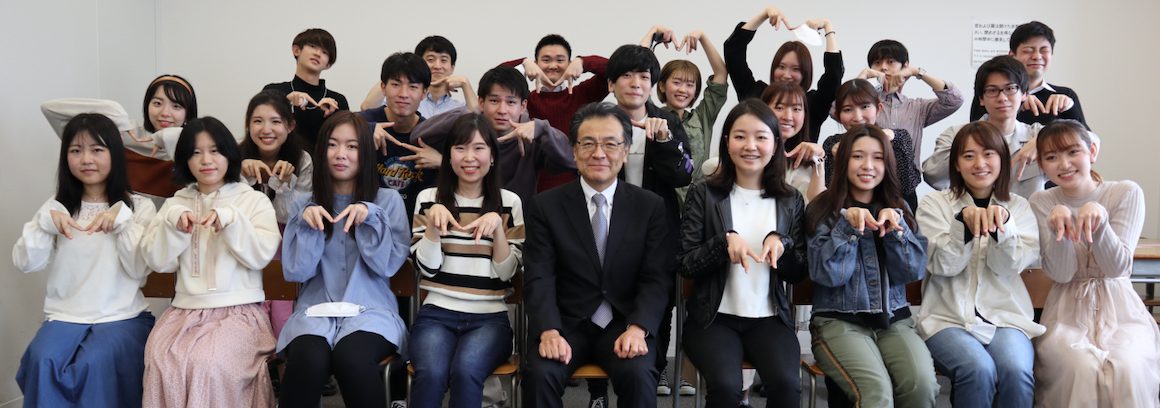Zhaiさんのような分類がしっかりできていないのですが、その後見つけた資料のうち、Zhaiさんのリストに入っていないものをアップします。コメントだとhtmlが使えなさそうなので、新規作成で。
Glassick, Charles E. “Boyer’s Expanded Definitions of Scholarship, the Standards for Assessing Scholarship, and the Elusiveness of the Scholarship of Teaching”, Academic Medicine, 75(9), 2000. http://www.academicpeds.org/events/assets/Glassick%20article.pdf
2000年の時点での議論の外観といった感じでしょうか。
Debate about faculty roles and rewards in higher education during the past decade has been fueled by the work of the Carnegie Foundation for the Advancement of Teaching, principally Scholarship Reconsidered and Scholarship Assessed. The author summarizes those publications and reviews the more recent work of Lee Shulman on the scholarship of teaching. In 1990, Ernest Boyer proposed that higher education move beyond the tired old “teaching versus research” debate and that the familiar and honorable term “scholarship” be given a broader meaning. Specifically, scholarship should have four separate yet overlapping meanings: the scholarship of discovery, the scholarship of integration, the scholarship of application, and the scholarship of teaching. This expanded definition was well received, but from the beginning, assessment of quality was a stumbling block. Clearly, Boyer’s concepts would be useful only if scholars could be assured that excellence in scholarly work would be maintained. Scholars at the Carnegie Foundation for the Advancement of Teaching addressed this issue by surveying journal editors, scholarly press directors, and granting agencies to learn their definitions of excellence in scholarship. From the findings of these surveys, six standards of excellence in scholarship were derived: Scholars whose work is published or rewarded must have clear goals, be adequately prepared, use appropriate methods, achieve outstanding results, communicate effectively, and then reflectively critique their work. The scholarship of teaching remains elusive, however. The work of Lee Shulman and others has helped clarify the issues. The definition of this form of scholarship continues to be debated at colleges and universities across the nation.
Bender, Eileen T. “Castls in the SOTL “Movement” in Mid-Flight”, Change: The Magazine of Higher Learning, 37(5), 2005. http://www.tandfonline.com/doi/pdf/10.3200/CHNG.37.5.40-49
SOTLに関する議論の概要についてもう少し読んだ方がよいのではないかと思い、Changeから文章を一つ持ってきました。
Boshier, Roger. “Why is the Scholarship of Teaching and Learning such a hard sell?”, Higher Education Research & Development, 28(1), 2009.(Boshier, Roger(2009)
SoTLに対する批判的な文章も読みたいなと思って探しました。アメリカ合衆国ではないのですが。
Advocates have difficulty convincing colleagues Scholarship of Teaching and Learning (SoTL) is a worthwhile use of time and resources. This article highlights problems impeding SoTL. First, scholarship of teaching gets used as a synonym for other activities. Second, Boyer’s definition was conceptually confused. Third, SoTL is difficult to operationalize. Fourth, much discourse concerning SoTL is anti-intellectual and located in a narrow neoliberalism. Fifth, there is uncritical over-reliance on peer review as the mechanism for measuring scholarship. Each impediment makes SoTL a hard sell – particularly in research-intensive universities. Taken together, they constitute a formidable problem for SoTL advocates and contain incendiary implications for promotion candidates and committees.
Henderson, Bruce B., “Beyond Boyer: SoTL in the Context of Interesting Scholarly Things”, InSight: A Journal of Scholarly Teaching, (4), 2009. http://insightjournal.net/Volume4/InSightVol4-2009.pdf#page=12
The positive effects of Ernest Boyer’s broader definition of scholarship have been attenuated by stress on published outcomes as indicators of all his scholarships, including the scholarship of teaching and learning (SoTL). At universities outside the research university sector, we need to find ways to recognize and reward a wide variety of interesting scholarly things related to teaching that are not likely to meet the formal assessment criteria that have come to define the SoTL category of scholarship. The faculty’s scholarliness in teaching should be recognized and evaluated directly.
Shulman, Lee S. “The Scholarship of Teaching and Learning: A Personal Account and Reflection”, International Journal for the Scholarship of Teaching and Learning, 5(1), 2011.http://dspaceprod.georgiasouthern.edu:8080/jspui/handle/10518/3148
Shulmanの書いた最近の文章です。

一点アップし忘れました。
O’Meara, KerryAnn R.; Rice, Eugene, Faculty priorities reconsidered: rewarding multiple forms of scholarship, San Francisco: Jossey-Bass, 2005.
中身が見られないのではっきりとはしないのですが、第一章の”Scholarship Reconsidered”: History and Contextは読んでみたいなと思います。慶應義塾に所蔵がなさそうなので、どうにかして入手しないといけないのですが。
mashinoさん、いろいろ探してくれてありがとうございます。
図書館で見てみましたが、たしかにO’Mearaの著作はなかったです。
購入した方がいいでしょうかね。
そして、8月4日の集まりですが、皆様はどう考えていらっしゃるんでしょうか。
なんか情報をアップしてくれたらありがたいです。